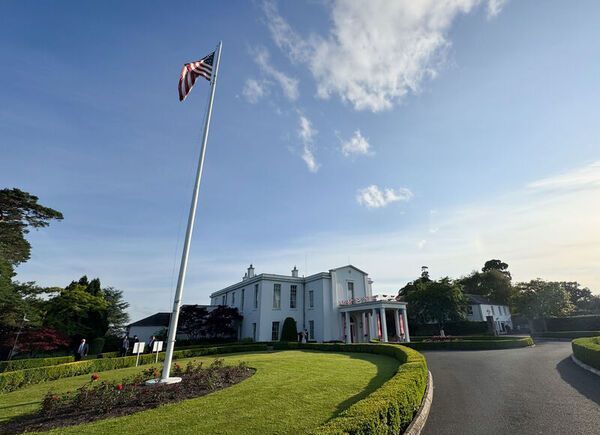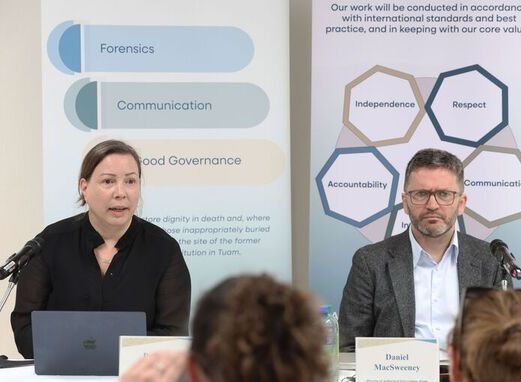[caption id="attachment_67103" align="aligncenter" width="600" caption="Gusty Spence."]
The founder of the modern day loyalist paramilitary group, the Ulster Volunteer Force, has died after a long illness.
Gusty Spence (78) died in hospital at the weekend and will be buried on Thursday after a funeral service on the Shankill Road in Belfast.
There are to be no paramilitary trappings at his funeral. Instead, his coffin will be draped in the Royal Ulster Rifles flag, a regiment of the British army in which he served in before establishing the UVF.
Spence was jailed for life for the murder of Catholic barman Peter Ward in 1966 and served 18 years in prison. The UVF was responsible for hundreds of sectarian murders during the Troubles.
He later became involved in politics and announced the loyalist paramilitary ceasefires in 1994. In 2007, Spence announced that the UVF would cease to exist in its previous form.
A former leader of the UVF's political wing, the Progressive Unionist Party, Brian Ervine said: "his contribution to the peace is incalculable and without him, probably the paramilitaries would still be at war."
"He was an Irishman and looked upon himself as an Ulster Irishman, as well as being British. He was really a role model for many young men who would follow."
Spence's biographer, Roy Garland, said Spence had formed unlikely relationships and challenged conventional loyalist thinking.
"He formed a relationship with Cardinal ó Fiach and that was in some of our ways of thinking in those days a big step because the Catholic church in particular were the enemy.
"He also sent a letter of condolence to the widow of Joe McCann, an IRA man, praising him as a soldier of Ireland."
Another former PUP leader, Dawn Purvis, said Spence's opinions began to shift sooner than is generally perceived.
"Some people have said that in his later life, he changed to become committed to peace. It was not in his later life.
"Shortly after he was jailed, Gusty, after a period of reflection on his own life, quickly started to challenge other loyalists coming into prison to reflect on their own lives," Purvis said.
Sinn Féin MLA Gerry Kelly said many in the nationalist community would remember Spence as someone "who was central to the sectarianism that gave birth to the modern loyalist paramilitary."
"However, he did dedicate himself to peace and reconciliation for much of his later life so he will also be remembered as a major influence in drawing loyalism away from sectarian strife," Kelly added.
"On behalf of Sinn Féin I would wish to extend my condolences to his family at this time."









